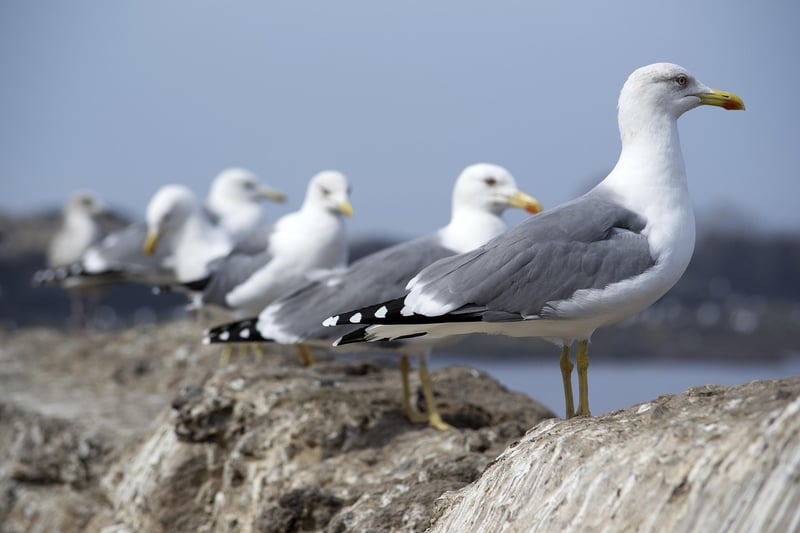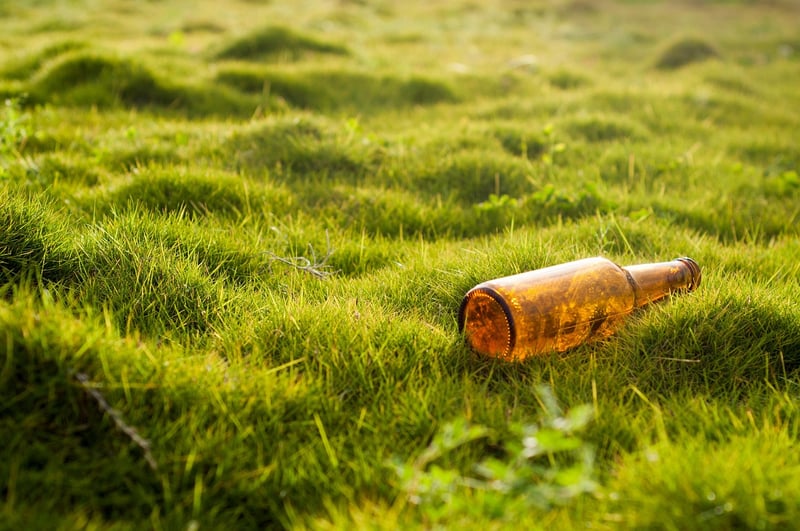Environmental Scientist
The Future of Careers: Environmental Scientist
As we progress into the future, the role of an Environmental Scientist is becoming increasingly vital. With a focus on sustainability, climate change, and conservation, environmental scientists play a crucial part in preserving our planet for future generations.
What Does an Environmental Scientist Do?
Environmental scientists conduct research and analyze data to solve environmental problems. They work to develop strategies to prevent, control, or fix environmental hazards. This can involve assessing pollution levels, studying the impact of human activities on ecosystems, and recommending solutions to protect the environment.
Skills Required
- Strong analytical skills
- Attention to detail
- Problem-solving abilities
- Knowledge of environmental regulations
- Communication skills
- Ability to work in a team
Education and Training
Most environmental scientists hold a bachelor’s degree in environmental science, biology, chemistry, or related fields. Some positions may require a master's degree or Ph.D. for advanced research or teaching roles. Continuous learning and staying updated on the latest environmental issues are essential in this field.
Career Outlook
The demand for environmental scientists is projected to grow as companies and governments increasingly focus on environmental protection and sustainability. Opportunities exist in government agencies, consulting firms, research institutions, and non-profit organizations.
Conclusion
As we navigate the challenges of a changing climate and environmental degradation, the role of environmental scientists will continue to be crucial. By pursuing a career in environmental science, you can make a positive impact on the world and contribute to creating a sustainable future for all.

Explore more about the future of careers and consider the rewarding path of becoming an Environmental Scientist!
For more information, visit Bureau of Labor Statistics - Environmental Scientists.
